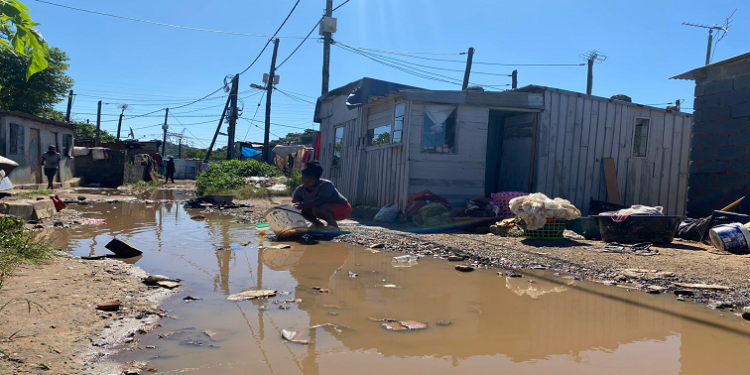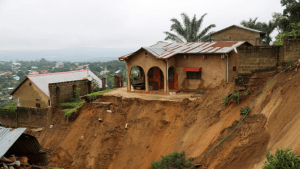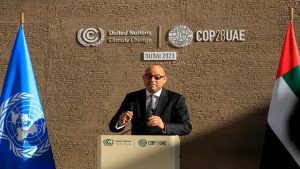A United Nations (UN) scientist says the devastating floods that hit the greater Durban area in KwaZulu-Natal (KZN) in April and May were made twice more likely because of the current levels of greenhouse gas emissions globally, which is driving climate change.
Doctor Debra Roberts is the co-chairperson of the UN Intergovernmental Panel on Climate Change’s work group on climate adaptation. Dr Roberts also leads the eThekwini municipality’s unit for a sustainable and resilient city.
Speaking at a symposium of the University of KwaZulu-Natal, Dr Roberts advised that the city needs to adapt to the effects of climate change.
“So, mitigation, ambition mitigation, leaving those fossil fuels in the ground, is the surest way to reduce climate change impacts. But we can build resilience into our urban fabrics. And ensuring that we have those natural areas in our cities, that we’re protecting those flood plains that we don’t develop in them, is absolutely vital. Protecting those ecosystems that take the peak off floods is absolutely critical. And building resilience by providing basic services.”
Climate change effects in South Africa: Prof. Coleen Vogel:






